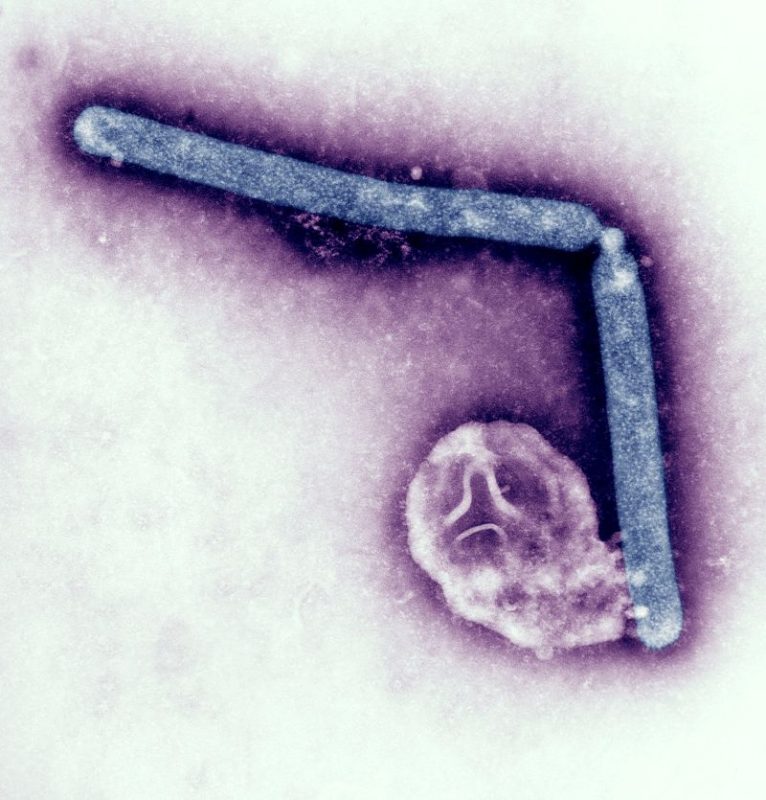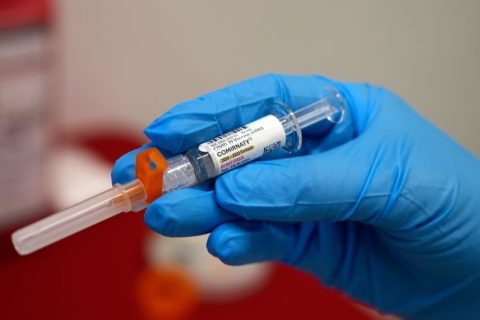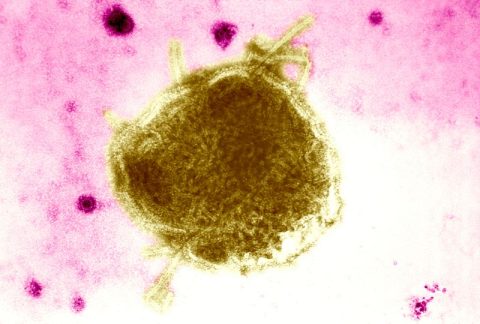A third close contact of a patient in Missouri who was hospitalized with H5N1 bird flu has reported that they also experienced symptoms, the US Centers for Disease Control and Prevention said Friday.
The person, a health care worker, was not tested because their symptoms resolved before the investigation into the illnesses began, according to the CDC.
This is the second health care worker to report that they developed symptoms after being in contact with the patient. The first was tested for flu, and the results were negative, the CDC said.
The agency says the risk of H5N1 to the general population remains low.
Normally, health care workers are of high interest to disease detectives because they are often among the first to fall ill in outbreaks.
But this is far from a cut-and-dried case. The patient had underlying medical conditions that compromised their lung function, and when tested, the concentration of virus in a sample taken from them was low, which would normally suggest a mild or perhaps waning infection.
“At this point, my index of concern is still low,” said Dr. Michael Osterholm, who directs the Center for Infectious Disease Research and Policy at the University of Minnesota. He is not involved in the Missouri investigation.
He notes that there are plenty of other infections going around that might cause respiratory symptoms.
“At the same time, we’ve had tremendous activity with Covid at that very time, as well as RSV, and so you would expect to see potentially several percent of the population having respiratory symptoms not due to influenza,” Osterholm added. In a hospital setting, workers would be even more likely to encounter those bugs.
Still, the discovery of additional suspect cases this late into the investigation raises questions.
“It’s unclear why this wasn’t reported with the other cases, and moves to identify influenza cases early are needed,” said Dr. Seema Lakdawala, an associate professor of microbiology and immunology at Emory University School of Medicine.
“We need more details of whether this is influenza infection or another respiratory virus. Serology will be useful in all these cases, as well as other contacts that may not have had symptoms,” said Lakdawala, who studies transmission of the H5N1 virus but also is not involved in the Missouri investigation.
- Sign up here to get The Results Are In with Dr. Sanjay Gupta every Friday from the CNN Health team.
“It is imperative that we identify any and all cattle herds that may have H5 in all states,” she said. “It is ridiculous that this information is still not known this many months after the first cattle cases were identified.”
Since the first bird flu cases in dairy cattle were detected in March, 213 herds have tested positive in 14 states. No positive herds have been reported in Missouri.
How the Missouri patient caught H5N1 is still a mystery. The Missouri Department of Health and Senior Services has interviewed the person as well as a household contact who got sick the same day but was not tested. They have reported no exposures to sick cows, birds or other animals, and no exposure to raw milk.
Both people have recovered from their illnesses. Investigators collected blood samples from them this week. The samples have been sent to the CDC for testing for antibodies to the virus that causes bird flu, which would indicate a previous infection.






